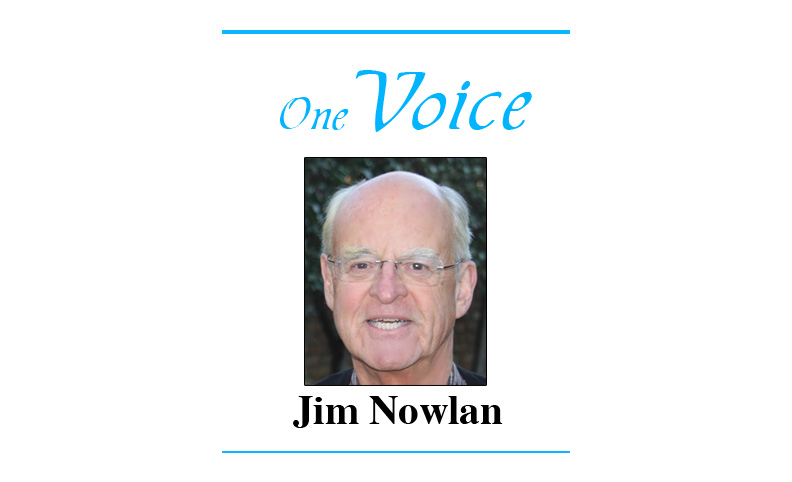
Here is a good news story. We could use a few feel good stories. I am late to the game here, as you will see, but, worth the telling, and lessons to be learned.
A year or more ago, I made friends with Rick Brooks of Princeton, Ill.. Only later was I told that Rick is the co-founder of the Little Free Libraries (LFL). You’ve seen them, the little school houses on posts along sidewalks and in parks, wherever. Passersby put in their books, take out someone else’s. Nice.
Rick and co-founder Todd Bol are do-gooders of the highest order. Their idea wasn’t so much book exchange, but sharing, and the good feelings that flows from it.
The human animal is navigating throughout its life. Doing something good, and satisfying, along the way, such as putting up and maintaining Little Free Libraries and sharing books, tends to beget more of the same along the way.
And it nudges others to do the same. For example, I walk past an LFL on the way to the post office in my town. I always notice it, even look in from time to time to see if there are new offerings, which there are. I promise myself to share some books. I haven’t done so yet, but I will; the nudge to do so is driving me nuts.
Rick and Todd had really big aspirations for their idea, hatched without any money only a decade ago in Wisconsin, where they lived. They hoped to stimulate 2,500 LFLs, to match the number of libraries Andrew Carnegie provided funds across America a century ago.
Today, there are 110,000 LFLs in more than 100 countries, including one in Antarctica. Plus, there probably are 200,000 or so spinoffs that aren’t registered with the nonprofit that lightly oversees LFLs. I figure that if there are 20 books in a typical LFL, that’s six million or more books.
But, as I say, it isn’t primarily about the books. For example, I am certain that in my little town there are Trumpers and anti-Trumpers who both put and take books in our LFL, and I’m sure they sense that is the case. Sharing among neighbors, dare I say, trumps politics.
There are important lessons for us in this continuing story of the idea that became LFLs.
• First, and maybe most important, good ideas don’t become big deals just because they are possibly brilliant. Most great ideas probably never see the light of day, because they fail to overcome the always- present naysayers: “It’ll never work”, and because the idea-hatchers lack the courage of their convictions, and never pursue them.
• Second, getting an idea out there takes work, lots of it, and creative marketing. Todd and Rick were initially similar to Johnny Appleseed, by taking 30 of their colorful “schoolhouses” on the road throughout the Midwest.
The idea caught on, especially when NBC Nightly News, then The New York Times and the Times of London, then Parade, Oprah, and more news outlets spotlighted “the little idea that could.” I told you I was late to the game.
Rick, a one-time, obviously talented PR guy who should know better, characterizes the marvelously breath-taking explosion of LFLs as “stimulus diffusion.” I call it scratching the human impulse to do good, because that works better than the opposite, as we navigate through life.
In 2013, Reader’s Digest came out with “50 Surprising Reasons We Love America” and LFLs came out No. 11, right after sliced bread, No. 10, and way ahead of Bruce Springsteen, Bon Jovi, and other American icons.
Every week, there are a dozen or more such media pieces from all around the world, about LFLs. The sharing concept, not unique to Rick and Todd, continues to grow like topsy. For example, I saw a “Blessing House” along a street in downtown Natchez, Miss., a few weeks ago, a spinoff, I’m confident.
Important lesson: An idea that you think might benefit your fellow man indeed has merit, just in the impulse and thinking of it. Don’t be afraid to pursue the idea. What do you have to lose? Your idea may fall flat; most do. Or, it might just end up in hundreds of thousands of neighborhoods around the world, reminding us to share.
Thanks, Rick and Todd, for your idea.
For many years, Jim Nowlan was a senior fellow and political science professor at the University of Illinois in Urbana-Champaign. He has worked for three unindicted governors and published a weekly newspaper in central Illinois.

